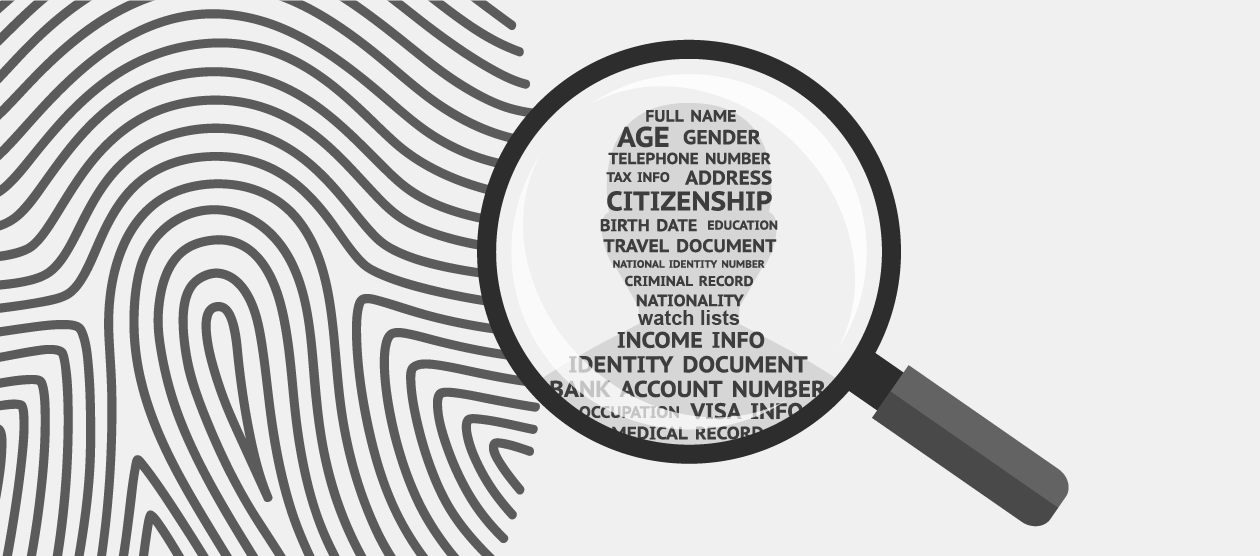Watchlists

Watchlists are curated databases that flag individuals, organizations, and entities deemed high-risk to the global financial system. These lists play a vital role in anti-money laundering (AML) compliance by helping businesses identify and avoid interactions with people involved in criminal, corrupt, or terrorist activities. Entities commonly include criminals, sanctioned individuals, Politically Exposed Persons (PEPs), and others in influential positions who may be vulnerable to corruption or misuse of power.
By screening against watchlists, financial institutions and regulated businesses can reduce exposure to legal, financial, and reputational risks. Understanding who’s on these lists, and why, can help businesses navigate regulatory obligations and avoid costly compliance failures.
Major Global Watchlists
- Specially Designated Nationals (SDN) List
Maintained by the U.S. Department of the Treasury’s Office of Foreign Assets Control (OFAC), the SDN list targets individuals and entities linked to high-risk jurisdictions like North Korea or Iran. It includes known criminals, drug traffickers, terrorists, and participants in human trafficking or money laundering. U.S. entities are legally barred from doing business with anyone on this list, and can have their assets frozen if they do.
- Specially Designated Global Terrorist (SDGT) List
Also managed by OFAC, the SDGT list names individuals and organizations involved in terrorism or its financing. These designations are made under U.S. Executive Orders to bolster global efforts in countering terrorist financing and enhancing national and international security.
- OFSI Consolidated List
In the United Kingdom, the Office of Financial Sanctions Implementation (OFSI) under HM Treasury maintains a comprehensive sanctions list. It covers asset freezes, investment restrictions, and other financial measures affecting individuals and organizations that are determined to pose a risk to UK national interests.
- UN Sanctions List
The United Nations Security Council oversees a global watchlist focused on international peace and security. These lists cover sanctions related to terrorism, nuclear proliferation, human rights abuses, and armed conflicts. Measures include asset freezes, travel bans, and arms embargoes.
Where Do Watchlists Come From?
Watchlists are compiled from a wide range of national and international sources to ensure comprehensive coverage of global risk. Common contributors include:
- Politically Exposed Persons (PEP) lists: Identify individuals in high ranking public office who may be susceptible to bribery or corruption.
- Sanctions lists: Issued by bodies like OFAC, the European Union, and the United Nations.
- FATF blacklists and greylists: Highlight countries with poor AML and counter-terrorist financing (CFT) standards.
- National regulatory bodies: Such as FINMA (Switzerland) and the SEC (United States).
- Law enforcement agencies: Including Interpol and Europol.
- Exit control and travel restriction lists: Covering individuals banned from leaving or entering certain jurisdictions.
The Need for Automated Watchlist Screening
Manually checking every customer or transaction against these lists is time-consuming and inefficient. For financial institutions, fintechs, and other regulated businesses, the need for automation is clear. Advanced solutions now allow real-time screening during onboarding, reducing friction for legitimate users while flagging potential threats.
AML screening solution uses AI-powered technology to cross-check individuals against watchlists instantly. This streamlines compliance efforts, reduces onboarding time, and helps businesses remain protected from regulatory penalties and fraud-related losses.
Global Trends in Watchlist Screening
The regulatory landscape is evolving rapidly. Some current trends to watch include:
- Real-time and perpetual screening: Many regulators now expect businesses to conduct ongoing monitoring, not just one-time checks.
- Expansion of digital identity integration: AML solutions increasingly integrate with eKYC platforms to provide end-to-end risk assessments.
- Focus on beneficial ownership: New global rules require clearer visibility into the ultimate owners of companies, particularly in cross-border transactions.
- Increased use of AI and machine learning: These technologies are helping businesses stay ahead of ever-growing watchlist volumes and complex global regulations.
Final Thoughts
Watchlist screening is an essential pillar of effective AML and CFT compliance. It helps organizations identify high-risk individuals, comply with international regulations, and prevent exposure to financial crime. As regulatory expectations grow and threats become more sophisticated, the ability to screen effectively and accurately becomes a fundamental requirement for doing business responsibly in today’s interconnected world.



